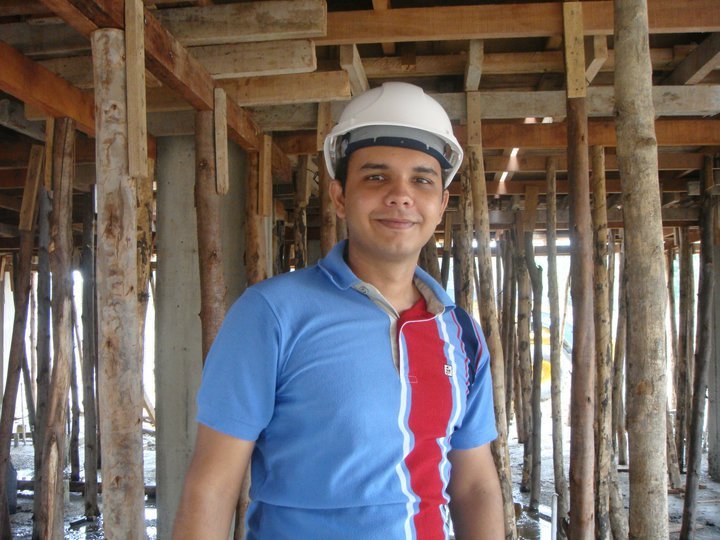
Muchas veces al construir, se generan errores, ya sea por inexperiencia, por ignorancia o negligencia del constructor. Dichos errores, en la mayoría de los casos, generan consecuencias, algunas fácilmente perceptibles y muchas otras difíciles de observar, pero que con el paso del tiempo van manifestándose en síntomas que en construcción llamamos fallas de los elementos constructivos, lo cual ocasiona gastos adicionales necesarios para sus correcciones.
Un problema muy común en las edificaciones, son las filtraciones de las losas de concreto (techo, entrepisos). Esto se vuelve un dolor de cabeza más aún en las épocas lluviosas debido a la frecuencia de la falla. Si bien en muy molesto las goteras dentro la casa, es más perjudicial el efecto que genera el agua dentro de la estructura del concreto de dicha losa, produciendo un deterioro prematuro de los componentes de la misma y causando incluso el posible colapso, con el correspondiente peligro que esto significa.
Si tienes este problema en tu casa, lo más recomendable es pedir asesoría profesional para evitar que gastes en materiales y trabajos mal realizados que lejos de brindarte tranquilidad te generen más incomodidades.
Para que tengas noción de las causas del problema, acá te brindamos algunos tips importantes para tener en cuenta al momento de buscar soluciones.
Observa la losa en su totalidad e identifica:
- Presencia de fisuras o grietas. Los cambios de temperatura, generan dilataciones y contracciones en los materiales, y el concreto no escapa de esto. En caso de no tener un buen refuerzo de acero por retracción, mal procedimiento constructivo o mala dosificación del concreto, este al endurecerse presentará grietas que, al estar a la intemperie, permitirán el paso del agua.
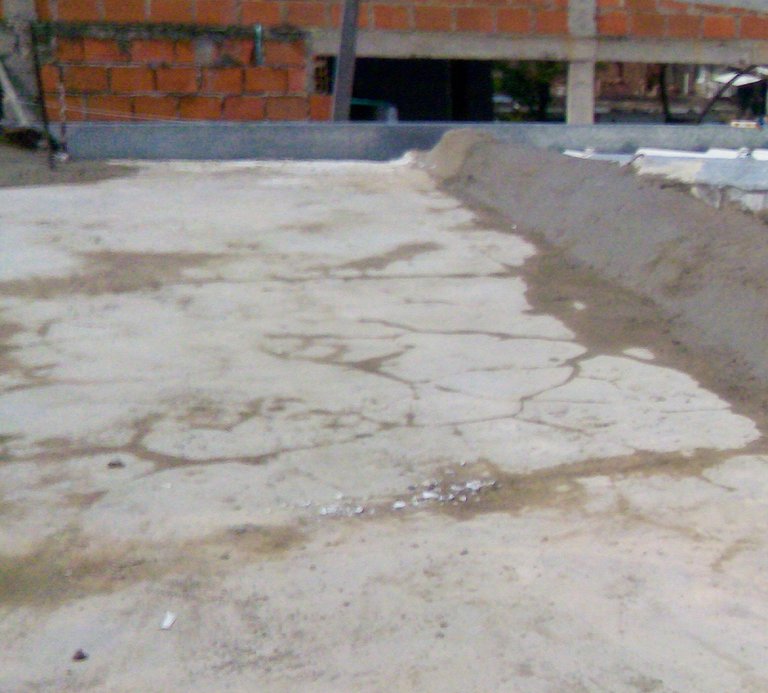
- Manchas o cambio de color en la superficie. Si se observa diferentes tonos en el color del concreto, puede ser debido a diferentes causas y es un indicio de un posible punto de filtración.
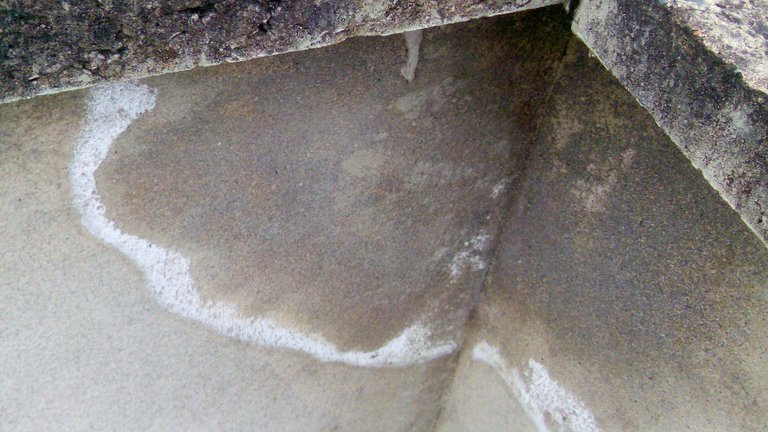
- Ubicación de los desagües o bajantes de agua. Es importante verificar que los puntos de desagüe estén funcionando correctamente, estén despejados y tengan la capacidad necesaria para la evacuación del agua de manera rápida.
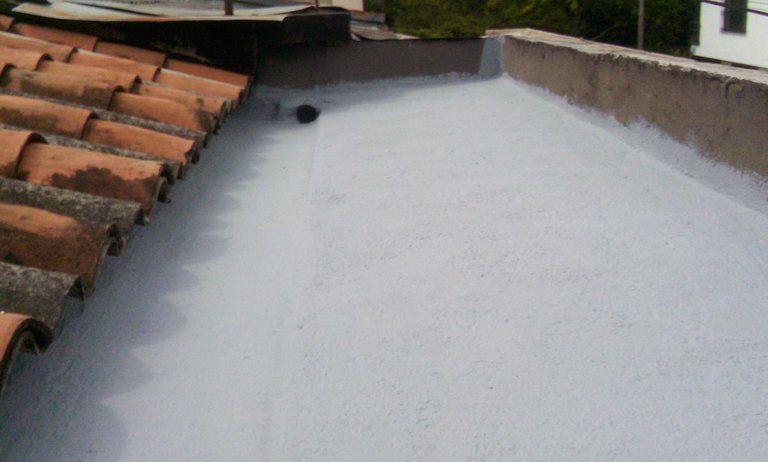
- Deterioro del material impermeabilizante en caso de que hubiera. Cuando la superficie ha sido impermeabilizada anteriormente, es importante verificar detalladamente el estado de dicha impermeabilización, y conocer el tiempo en servicio de la misma.
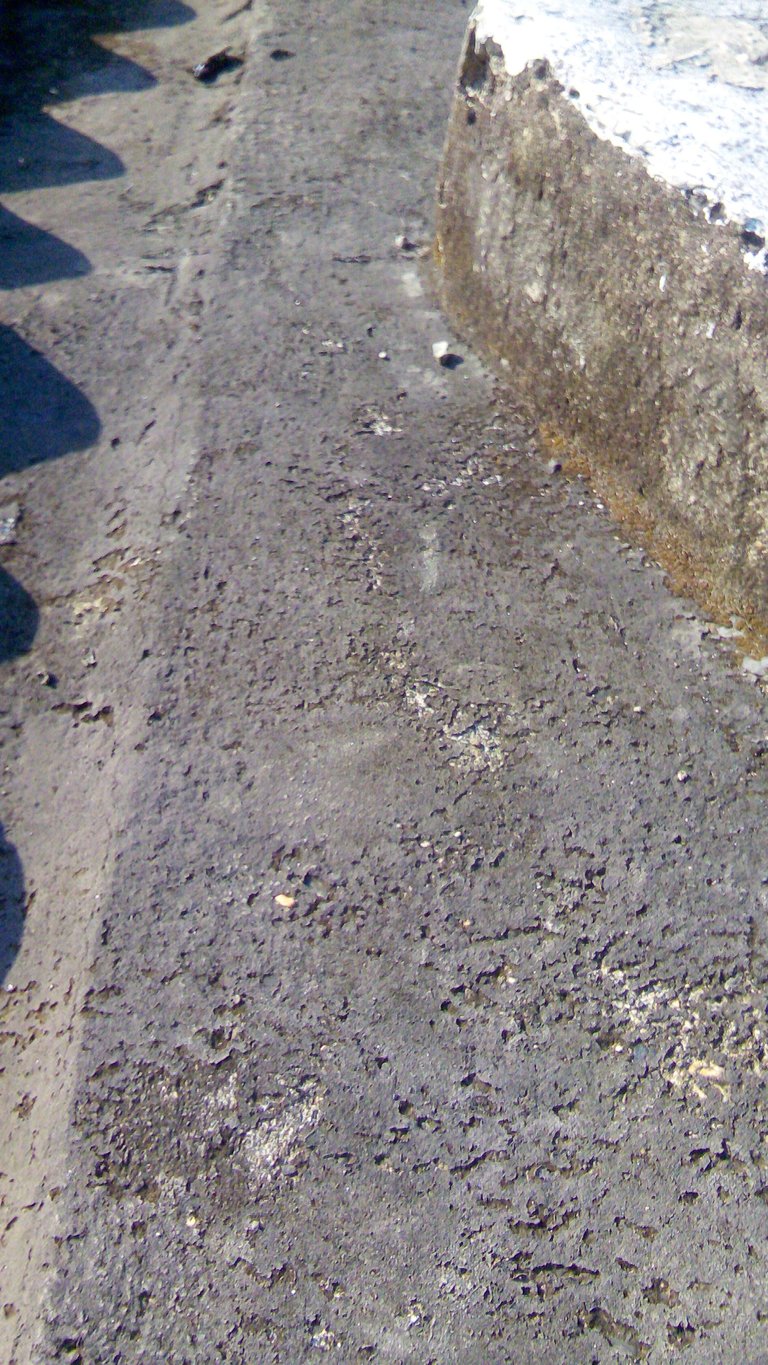
- Arena, basura o cualquier material contaminante sobre la losa. Cuando hay materiales o basura sobre una losa a la intemperie, esto facilita la retención de humedad, lo cual provoca con el tiempo la penetración de dicha humedad por los poros del concreto de la losa.
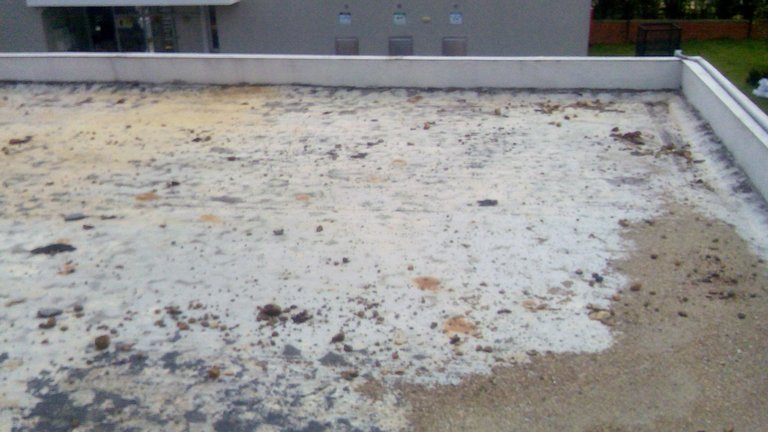
- Empozamientos de agua al llover. La superficie de la losa debe siempre garantizar el completo escurrimiento del agua hacia los puntos de drenaje. En caso de que existan depresiones que causen empozamientos, generará deterioro del concreto, y en caso de impermeabilizar sin corregir dichas depresiones, el acumulamiento de agua dañará en poco tiempo el material impermeabilizante, quedando de nuevo expuesto el concreto a la filtración.
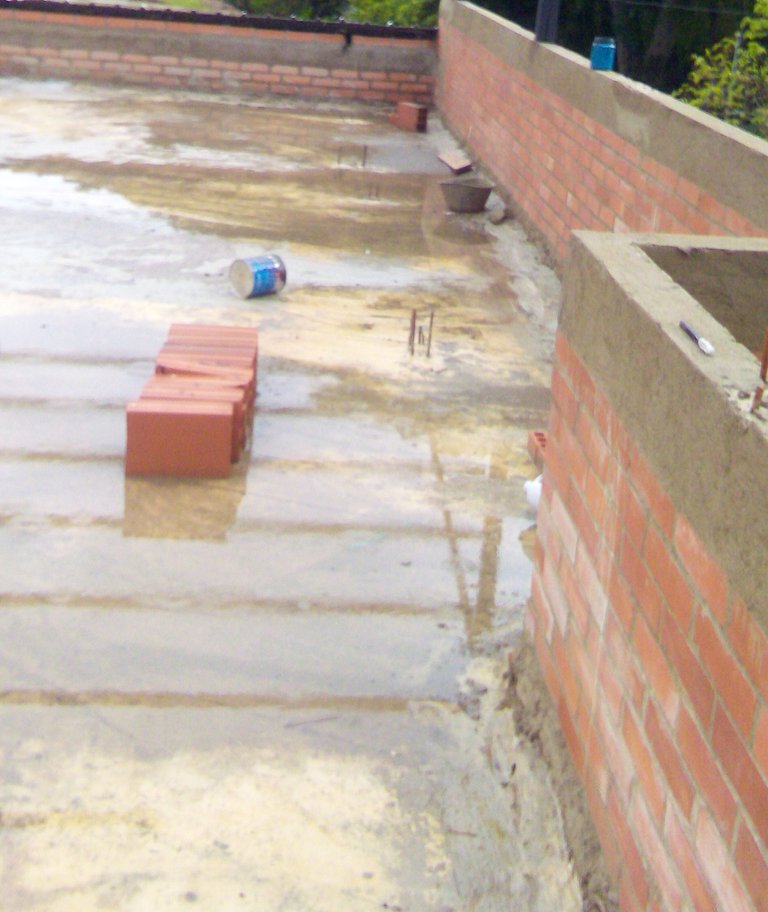
Con esta información, puedes tener una idea más amplia de las causas de las filtraciones en el techo de tu casa, aunque siempre la mejor recomendación es la asesoría profesional para determinar las causas del caso particular y definir los procedimientos a seguir para corregir de manera acertada la falla.
Many times when building, mistakes are made, either by inexperience, ignorance or negligence of the builder. These errors, in most cases, generate consequences, some of them easily perceptible and many others difficult to observe, but that with the passage of time are manifested in symptoms that in construction we call failures of the constructive elements, which causes additional expenses necessary for their corrections.
A very common problem in buildings are leaks in concrete slabs (roof, mezzanines). This becomes a headache even more in rainy seasons due to the frequency of failure. Although leaks inside the house are very annoying, it is more damaging the effect that water generates inside the concrete structure of the slab, producing a premature deterioration of its components and even causing the possible collapse, with the corresponding danger that this means.
If you have this problem in your house, the most advisable thing to do is to ask for professional advice to avoid spending on materials and poorly performed works that far from giving you peace of mind will generate more discomfort.
To give you an idea of the causes of the problem, here are some important tips to keep in mind when looking for solutions.
Observe the slab as a whole and identify:
- Presence of fissures or cracks. Temperature changes generate expansions and contractions in materials, and concrete does not escape from this. In case of not having a good steel reinforcement due to shrinkage, bad construction procedure or bad dosage of the concrete, when it hardens, it will present cracks that, being outdoors, will allow the passage of water.

- Stains or change of color on the surface. If different shades in the color of the concrete are observed, this may be due to different causes and is an indication of a possible leakage point.

- Location of drains or downspouts. It is important to verify that the drainage points are working properly, are clear and have the necessary capacity to evacuate the water quickly.

- Deterioration of the waterproofing material if any. When the surface has been previously waterproofed, it is important to verify in detail the state of such waterproofing, and to know how long it has been in service.

- Sand, trash or any other contaminating material on the slab. When materials or trash are present on a slab in the open, this facilitates the retention of moisture, which in time causes the penetration of such moisture through the pores of the concrete of the slab.

- Water soaking when it rains. The surface of the slab must always guarantee the complete runoff of water to the drainage points. In case there are depressions that cause water stagnation, it will generate deterioration of the concrete, and in case of waterproofing without correcting these depressions, the accumulation of water will damage in a short time the waterproofing material, exposing again the concrete to filtration.

With this information, you can have a broader idea of the causes of leaks in the roof of your house, although the best recommendation is always to seek professional advice to determine the causes of the particular case and define the procedures to follow to correct the failure correctly.
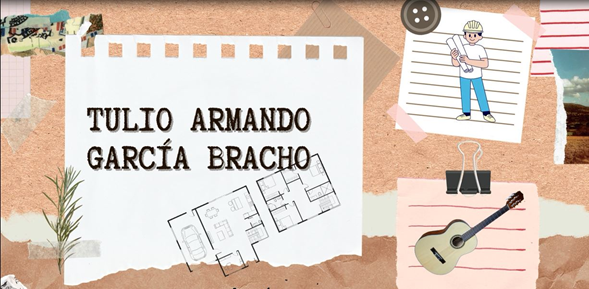
Fotos tomadas con mi celular
Banner realizado en: https://www.canva.com/
Hi there and welcome back as I see your last post was in February. These are good points especially now, when more and more people are doing the work themselves, for various reasons.
I hope to see you more active in the upcoming period :)
Hello! yes, I'm resuming the activity here. And I want to make useful content. Thank you very much.
Congratulations @siveimco! You have completed the following achievement on the Hive blockchain And have been rewarded with New badge(s)
Your next target is to reach 500 upvotes.
You can view your badges on your board and compare yourself to others in the Ranking
If you no longer want to receive notifications, reply to this comment with the word
STOPThank you very much.
Hola Tulio. Muy buena la información!
Gracias Yole! Un abrazo grandote!